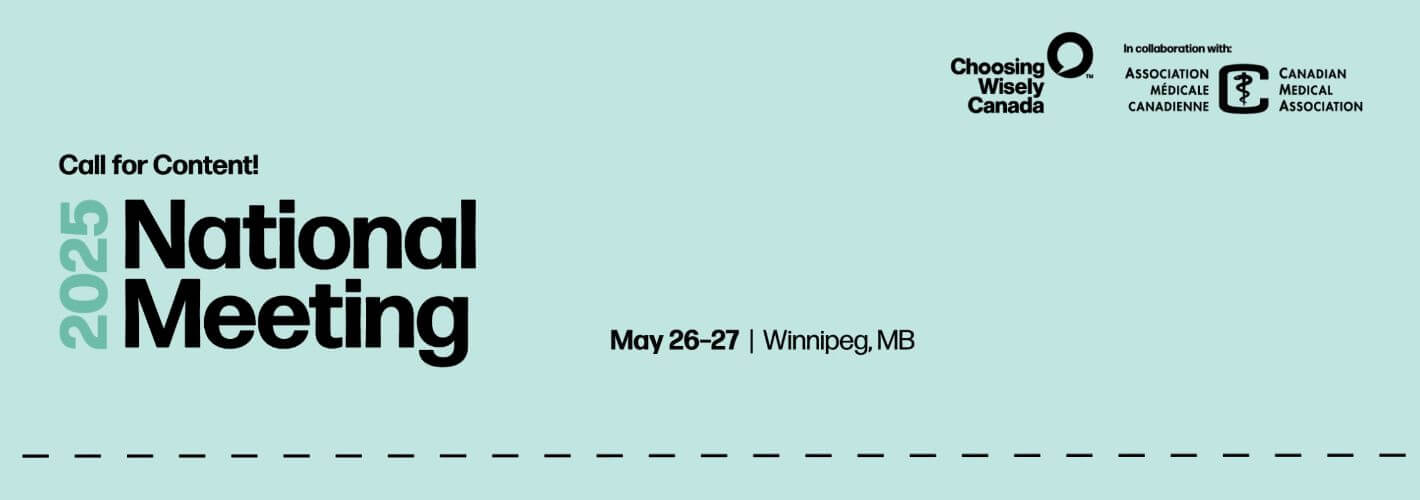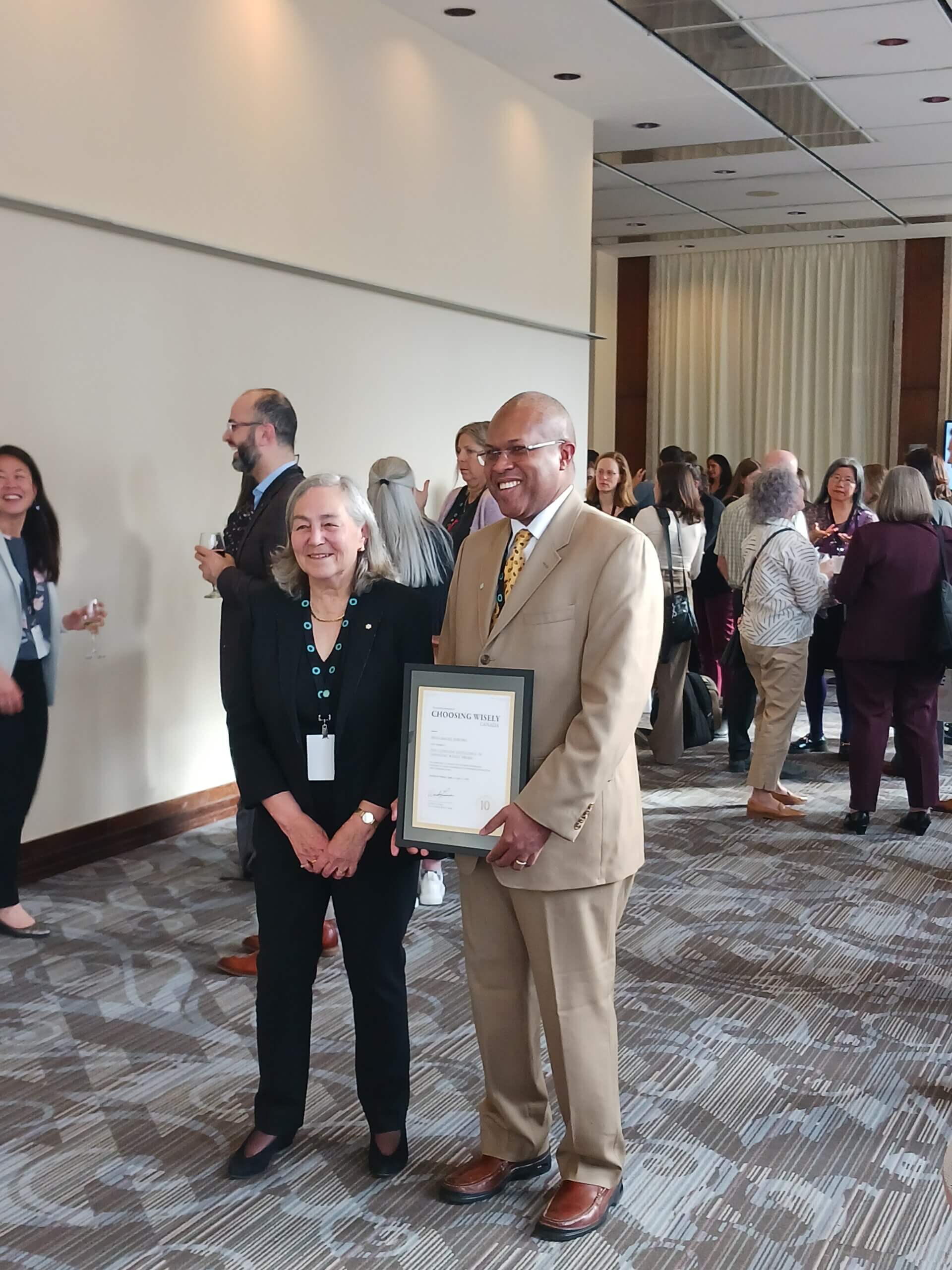Hospitals in Manitoba have reached a major milestone in their blood stewardship efforts. Every hospital that performs transfusions in the province has achieved the Using Blood Wisely Hospital designation status.
“We undertook this work to ensure Manitoba’s blood products were being used as efficiently and effectively as possible,” explains Dr. Charles Musuka, Haematopathologist and Medical Director for Transfusion Medicine at Diagnostic Services, Shared Health.
Manitoba was one of the highest users of blood products nationally with a rapidly growing rate of use each year. Blood products such as red cells and plasma are a critical resource used in treating and recovering many Manitobans.
Largely starting in 2021, new provincial practices and guidelines were implemented to help bring Manitoba into alignment with national rates of use. These guidelines ensure blood product use is prioritized using best practices to impact patient care the most. With appropriate clinical oversight, the needs of patients continue to be met while the supply is more efficiently managed to allow for a stabilized and standardized use of blood products across the province.
“Achieving these designations is a testament to the incredible work and dedication of health-care providers and administrators across the province,” says Dr. Musuka. “Despite incredible pressures, they have exemplified an unwavering commitment to delivering high-quality care.”
This provincial accomplishment has now been officially acknowledged as the Interlake-Eastern Regional Health Authority recently joined other Manitoba regions and hospitals in receiving the Using Blood Wisely designation.
“We are excited to be part of this important work happening across the province and proud of our region for achieving its Using Blood Wisely designation,” says to Katie Hibbs, Director Health Services – Acute, Selkirk Regional Health Centre.
Using Blood Wisely, launched by Choosing Wisely Canada and Canadian Blood Services, recognizes hospitals that have made significant achievements in meeting national appropriateness benchmarks for reducing inappropriate red blood cell transfusions. The inappropriate use of blood transfusions can significantly strain Canada’s blood supply and increase the risk of potential harm to patients.
In Manitoba, the work included a collaborative transfusion stewardship project called Appropriate Inpatient Red Blood Cell Utilization in Manitoba. This provincial clinical practice change implemented a new set of guidelines that optimizes laboratory and clinical processes to assess the appropriateness of each unit transfused in the inpatient setting. Results have included sustained reductions in inappropriate red blood cell transfusions, leading to improved patient outcomes and reduced risks associated with blood transfusions.
This initiative demonstrates a true provincial effort in implementing practices that benefit the system, health-care providers and patients. This milestone not only highlights leadership in promoting best practices but also serves as a reminder of the critical importance of blood products and the need to carefully manage this life-saving health-care resource.
La désignation Transfuser avec soin pour tous les hôpitaux du Manitoba
Les hôpitaux du Manitoba ont franchi une étape importante dans leurs efforts de gestion du sang. Tous les hôpitaux qui pratiquent des transfusions dans la province ont obtenu la désignation Transfuser avec soin.
« Nous avons lancé cette initiative pour nous assurer que les produits sanguins du Manitoba sont utilisés le plus efficacement possible », explique le Dr Charles Musuka, hématopathologiste et directeur médical de la médecine transfusionnelle, Services de diagnostic, Soins communs.
À l’échelle nationale, le Manitoba était l’un des plus importants utilisateurs de produits sanguins, avec un taux d’utilisation en augmentation rapide chaque année. Les produits sanguins, comme les globules rouges et le plasma, sont une ressource essentielle pour traiter la population manitobaine.
Depuis 2021, de nouvelles pratiques et lignes directrices provinciales ont été mises en œuvre pour que le Manitoba harmonise son taux d’utilisation avec celui du pays. Ces lignes directrices visent une utilisation optimale des produits sanguins en s’appuyant sur des pratiques exemplaires qui permettent d’améliorer les soins aux patients. Une surveillance clinique appropriée permet de répondre aux besoins des patients tout en assurant une gestion efficace des produits sanguins ainsi qu’une utilisation connexe uniforme et normalisée dans l’ensemble de la province.
« L’obtention de cette désignation témoigne du travail et du dévouement incroyables des administrateurs et des fournisseurs de soins de santé de la province », déclare le Dr Musuka. « Malgré les conditions difficiles, ils ont fait preuve d’un engagement inébranlable à fournir des soins de qualité. »
Cette initiative provinciale est maintenant officiellement reconnue, et l’Office régional de la santé d’Entre-les-Lacs et de l’Est s’est récemment joint à d’autres régions et hôpitaux du Manitoba pour obtenir la désignation Transfuser avec soin.
« Nous sommes heureux de participer à cette initiative provinciale importante, et nous sommes fiers que notre région ait obtenu la désignation Transfuser avec soin », affirme Katie Hibbs, directrice des services de santé – Soins de courte durée, Centre de santé régional de Selkirk.
Lancé par Choisir avec soin et la Société canadienne du sang, le programme Transfuser avec soin reconnaît les hôpitaux qui ont réalisé des progrès notables pour ce qui est du respect des critères de référence nationaux visant à réduire le nombre de transfusions inappropriées de culots globulaires. Les transfusions sanguines inappropriées diminuent considérablement les réserves de sang du Canada, et augmentent le risque de préjudice pour les patients.
Au Manitoba, l’initiative comprend un projet collaboratif de gestion des transfusions intitulé Utilisation appropriée des transfusions de culots globulaires chez les patients hospitalisés au Manitoba. De nouvelles lignes directrices visant l’optimisation des processus de laboratoire et cliniques afin d’évaluer la pertinence de chaque unité transfusée à un patient hospitalisé ont été mises en œuvre dans le cadre de la modification des pratiques cliniques à l’échelle de la province. Ainsi a-t-on pu observer une réduction durable du nombre de transfusions inappropriées de culots globulaires, une amélioration des résultats pour les patients et une réduction des risques liés aux transfusions sanguines.
Cette initiative témoigne d’un véritable engagement provincial dans la mise en œuvre de pratiques bénéfiques pour le système, les fournisseurs de soins de santé et les patients. Non seulement ce jalon souligne-t-il l’importance de promouvoir les pratiques exemplaires, mais il rappelle également le caractère essentiel des produits sanguins et la nécessité de gérer avec soin cette ressource médicale qui permet de sauver des vies.



